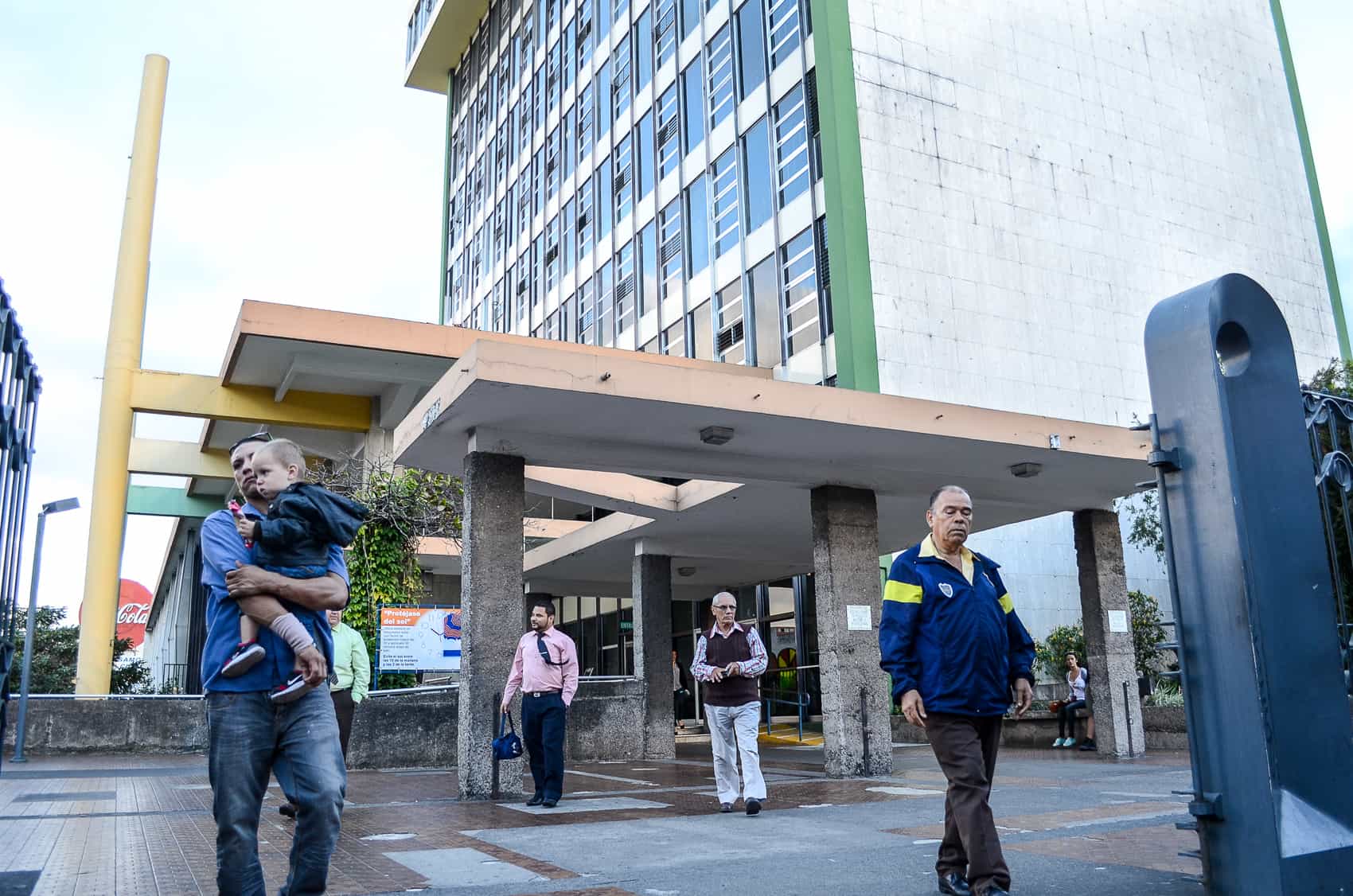Employing a house keeper, a gardener or a care taker sounds easy, but it does create some serious responsibilities. The Caja Costarricense del Seguro Social (CCSS) states that 46% of domestic workers do not fulfill a full year for a single employer. In addition, only 30% have work guarantees and 14% are insured.
If you have domestic employees, you’re obliged to register them with the Caja. If you don’t and you fire them, they can file a complaint against you as an employer.
Then, the CCSS will proceed to collect by administrative process. There you can either settle or not appear. If you don’t appear, the Caja will take the case to Judicial Court. The Caja will sue for damages and try to get an embargo of property, income, inventory or anything they can lay their hands on.
At the moment, the CCSS has 447 cases against employers running. 238 Are in the administrative collection process and 209 have been elevated to the judicial collection.
There are two types of employers that default
- employers who never enroll their employees
- those who did, but at some point stopped paying.
In any case, collection procedures are initiated once the domestic worker files a complaint.
The numbers of complaints are really low. Of the 172,000 people who work at domestic jobs in the country, only 15,000 are registered by an employer. Another 20,000 are direct contributors or self-employed insured.
Domestic employees have the right to file a complaint if the employer does not enroll them with the Caja, which should be within eight days of starting work. The reality, however, is that many employers feel the employee is in a probationary period and they do not know if they will work out, maybe last a month or two.
The confusion stems from the “probationary” period of the labor laws in the country, where it employees are on “probation” for the first three months of employment. When it comes to the Caja enrollment and payment of social security, however, there is no probationary period and the obligation starts at the time the domestic worker is hired.
Even if the employer stops making payments to the Caja after registering an employee, the domestic worker is covered and the employer will be responsible for medical bills for any care the Caja provides the domestic worker.
In the event the employer has not registered the domestic worker it is reported, the CCSS can register the domestic worker and force the employer to pay all arrears from the day of hiring, after conducting an investigation.






